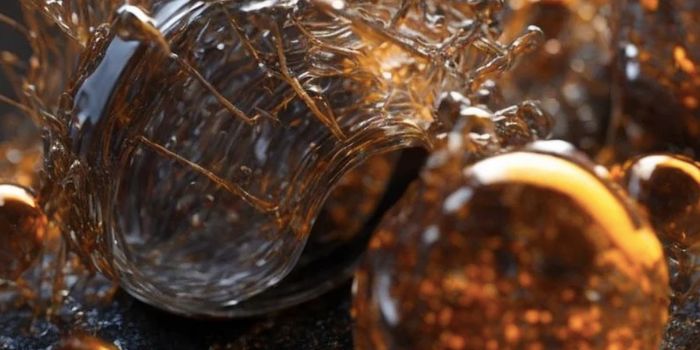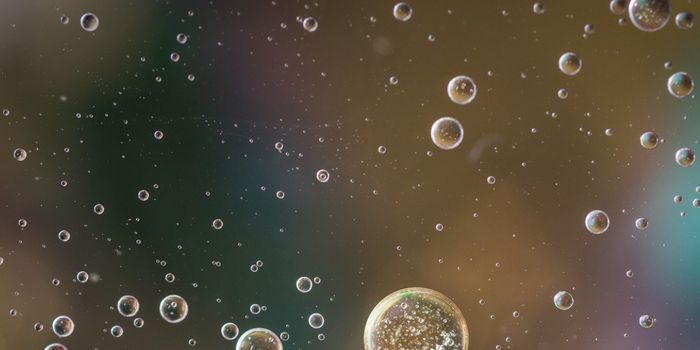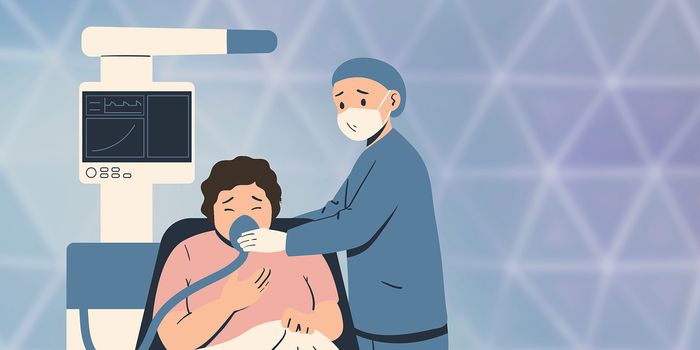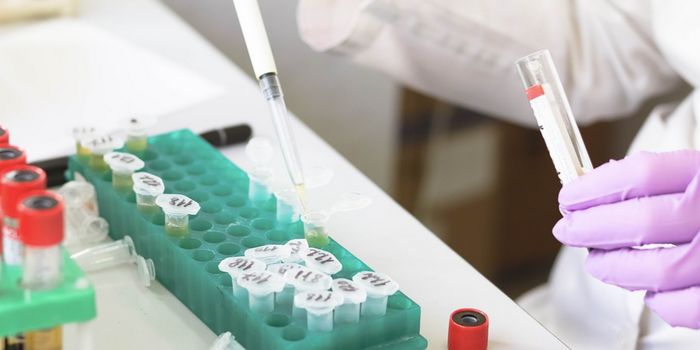Our Aging Rate May Be Linked to Blood Iron Levels
We all know people that look young for their age, while some people seem to age faster than others. And of course, aging isn't just about appearance; the decline of the human body is connected to the development of a variety of disorders including dementia, cancer, and heart disease.
Researchers have now identified potential genetic causes for differences in the rate at which people age. The work, which was reported in Nature Communications, used human genetic data to show that iron levels in the blood are linked to aging and potentially, lifespan. However, diet and how well a person absorbs vitamins can also have an influence on iron levels. Conditions like liver disease and Parkinson's are also connected to how well the body can fight infection as a person ages, while the immune system sometimes withholds iron because it's required by some pathogens, showing how complex the relationship between diet, aging, health, genetics, and iron levels may be.
In this study, the scientists analyzed data from three publicly available repositories, which included information on roughly 60,000 lifespans, to examine the genetic influences on aging. The efforts identified ten areas in the genome that are associated with a long span of life, longevity (survival until very old age), and the length of time a person spends healthy, called healthspan. Genes that are connected to iron were found at high levels in each aging characteristic they analyzed.
The scientists used a method called Mendelian randomization to assess whether genetic variation was having a causal effect. Their research suggested that genes that play a role in the metabolism of iron have a causative influence on whether a person has a healthy, long life.
Unfortunately, the study did not delve into exactly how the genes they found in their genetic association study are affecting age, other than to note several pathways that these genes are involved in (like iron metabolism) or other studies that have investigated their biological roles. Some of the other genes revealed by the study are known to affect mouse lifespan. The lifespan of mice has been shortened when the genes APOE, LDLR, CDKN2B, and RBM38 were deleted, for example, while deletion of IGF1R lengthened mice lifespan. Several other genes that were identified in this study have also been shown to play roles in biological pathways that are involved in DNA damage and cell death.
This work may help scientists create a drug that can influence how iron is metabolized based on a person's genetics, which could reduce some of the impacts of aging. Much more work would be needed before that happens.
Sources: AAAS/Eurekalert! via University of Edinburgh, Nature Communications









